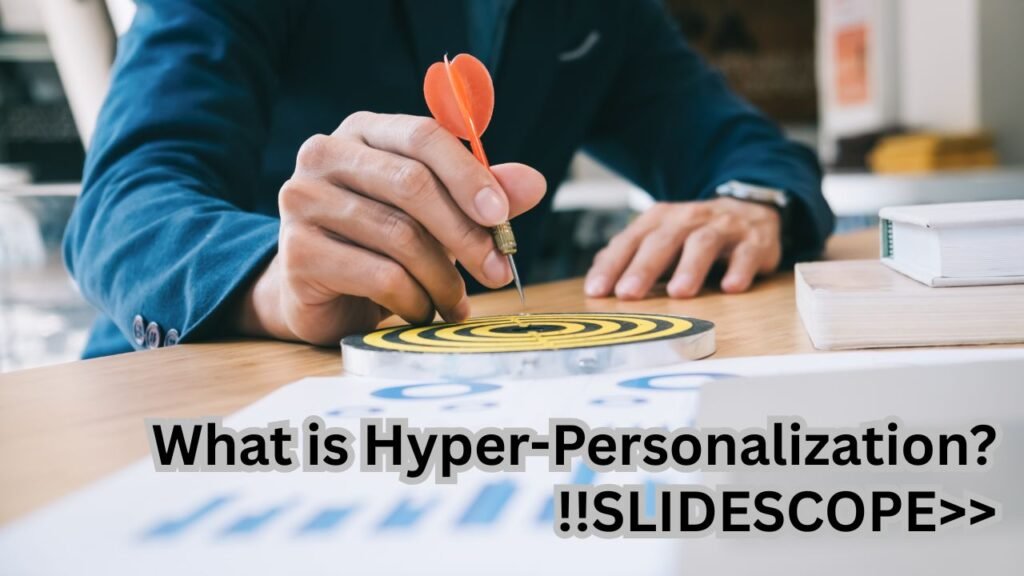Hyper-personalization is an advanced form of personalization that uses real-time data, AI, machine learning, and behavioral analytics to deliver highly tailored content, products, and experiences to individual users. Unlike basic personalization (e.g., using a customer’s name in an email), hyper-personalization adapts dynamically based on user behavior, preferences, past interactions, location, device, and more.
🔍 What is Hyper-Personalization?
Definition:
Hyper-personalization is the practice of leveraging data and AI to deliver customized experiences that are highly relevant to an individual at a specific moment in time.
Key Technologies Involved:
- Artificial Intelligence (AI)
- Machine Learning (ML)
- Real-time analytics
- Customer Data Platforms (CDPs)
- Behavioral tracking (cookies, clickstream, etc.)
🛠️ Applications of Hyper-Personalization
- E-Commerce:
- Product recommendations based on browsing and purchase history
- Personalized landing pages or dynamic pricing
- Cart abandonment recovery with tailored offers
- Marketing:
- Dynamic email content based on customer segment and behavior
- Hyper-targeted ads across digital platforms
- Predictive content delivery (what content a user is likely to engage with)
- Banking & Finance:
- Real-time alerts for spending patterns
- Personalized financial advice or offers
- Fraud detection tailored to a user’s typical behavior
- Healthcare:
- Custom wellness plans
- Tailored communication based on medical history
- Predictive patient care based on historical data
- Media & Entertainment:
- Customized streaming content (Netflix, Spotify)
- Personalized push notifications
- Adaptive content recommendations
- Travel & Hospitality:
- Real-time offers based on user’s current location or travel history
- Personalized itinerary suggestions
- Loyalty program customization
✅ Benefits of Hyper-Personalization
- Improved Customer Experience
- Users feel understood and valued, increasing satisfaction.
- Higher Conversion Rates
- Tailored messaging and product suggestions boost engagement and purchases.
- Increased Customer Loyalty
- Personalized experiences foster long-term relationships.
- Better ROI on Marketing Campaigns
- Resources are focused on content and offers that are more likely to convert.
- Competitive Advantage
- Brands that implement hyper-personalization can outperform others in customer retention and engagement.
- Efficient Use of Data
- Transforms raw data into actionable insights for real-time decision-making.


